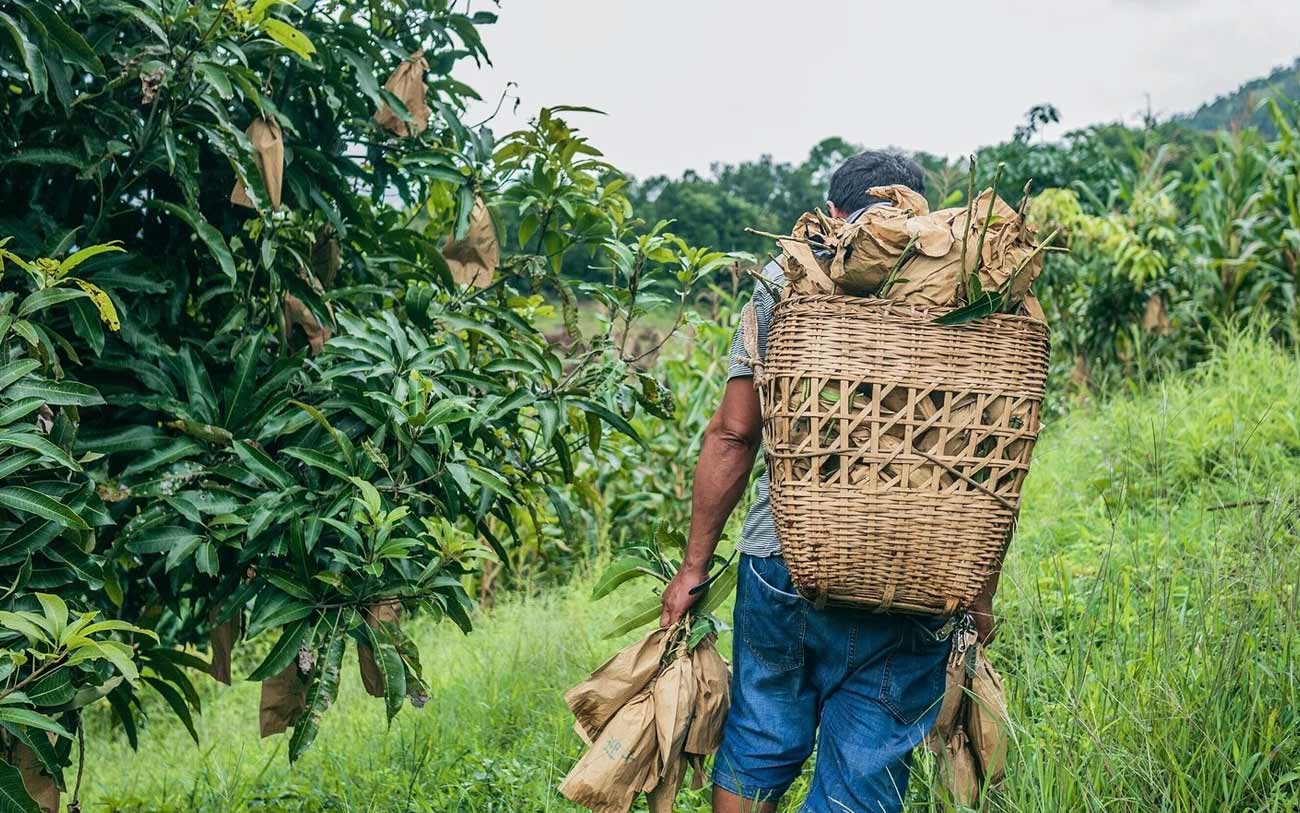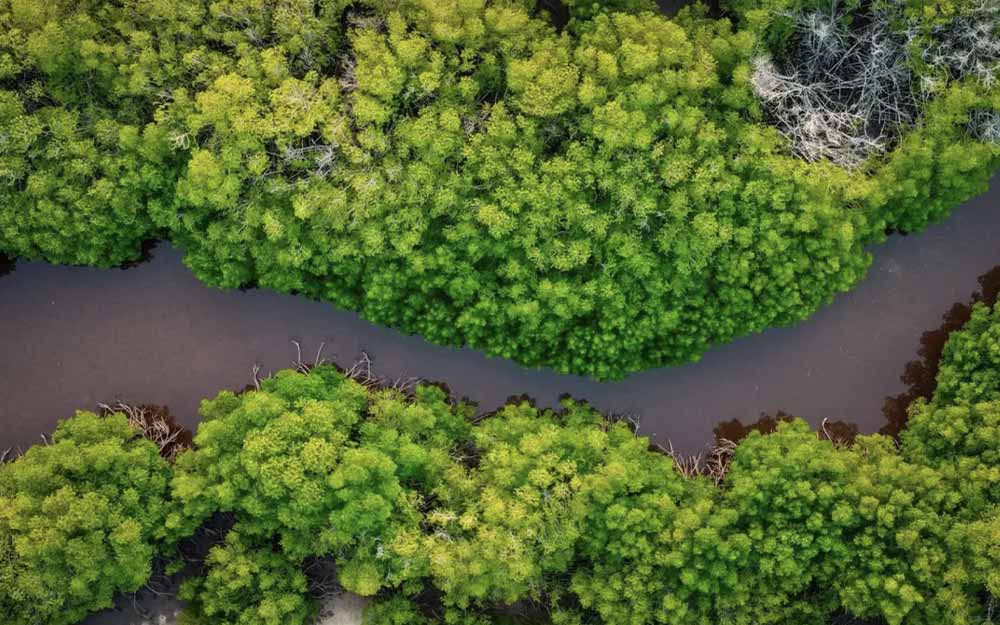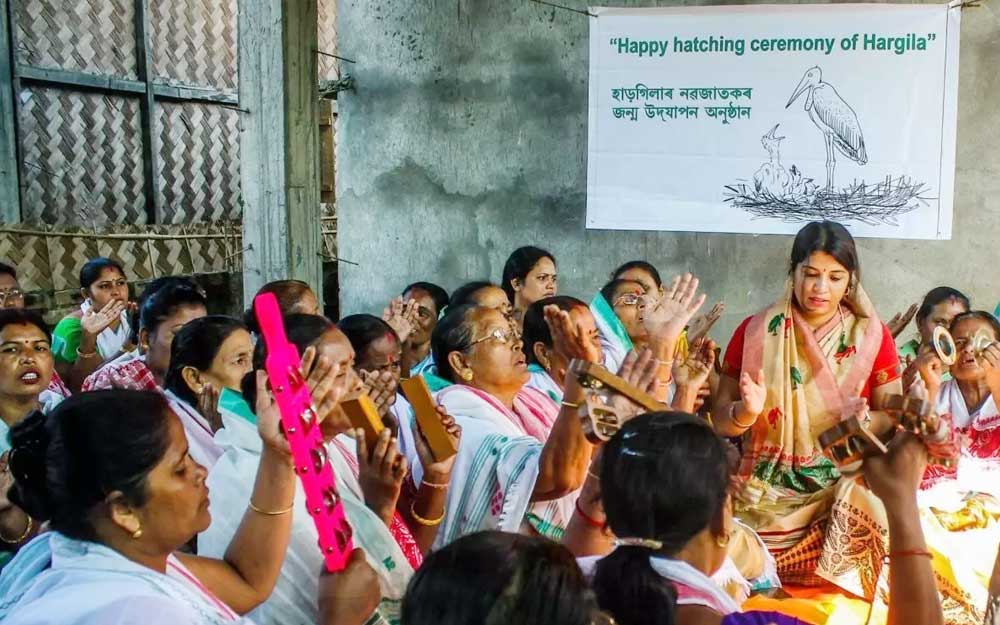Razan Khalifa Al Mubarak recently published a compelling editorial on the World Economic Forum website in observance of World Environment Day. In her article, Ms. Al Mubarak discusses the ecological and economic imperatives of investing in natural capital, highlighting the crucial role such investments play in sustainable development.
The editorial reviews the strides made at COP28, where nearly USD $2 billion was committed to various ecosystem projects, and a global consensus was reached on reversing deforestation by 2030. These developments illustrate the growing recognition of nature's role in addressing climate challenges and enhancing global economic stability.
As the newly appointed Co-Chair of the Champions for Nature community, Ms. Al Mubarak is at the forefront of integrating nature into economic and financial planning. Her leadership aims to inspire higher environmental ambitions, change the narrative around nature, and build robust partnerships to support a sustainable economy.
Explore the full insights and depth of her analysis in the blog post available on the World Economic Forum’s website.



